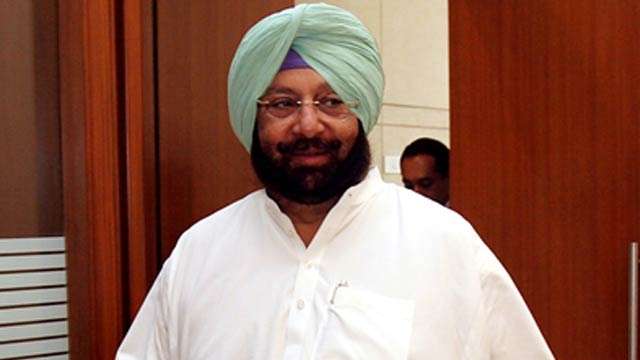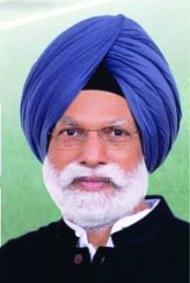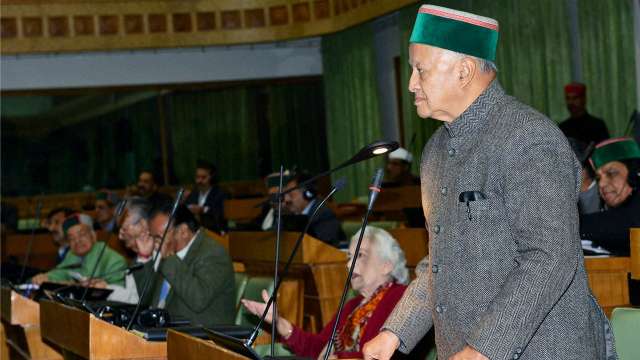Punjab Chief Minister Captain Amarinder Singh on Saturday while addressing the ban on stubble burning, the process in which farmers burn their crops that result in environmental pollution, said that the National Green Tribunal had set up a law that needed to be followed.
“There is a law set up by the NGT. We have to implement it whether we like it or not,” he said to a group of reporters after the Congress emerged victorious in the Gurdaspur by-polls earlier in the day.
The Punjab CM, however, added that if the law was to be implemented, then the government of India needed to come up with a compensatory allowance for farmers. “Farmers in Punjab are in a bad state economically, committing suicides due to economic stress,” he added.
In a region that is already battling toxic air, stubble burning has collateral impact. According to estimates, over 20 million tonnes of paddy stubble is burnt across these states before sowing of the wheat crops. These fires emit carbon dioxide, carbon monoxide, nitrogen dioxide among other gases.
Naturally, Delhi’s air quality turns worse. Despite a prohibition on burning of crop residue, most farmers continue to flout the law, finding it the most economical and quicker form of disposal of stubble.
As harvesting begins on 29 lakh hectares of land in Punjab this October, farmers have threatened to set fire to nearly 19.7 million tonne of paddy stubble which is likely to be generated. With government and farmers still at loggerheads and unable to find a cost-effective solution to prevent stubble burning, a thick blanket of smog has already begun to envelop the northern states.
With the ideal period of sowing of wheat in October, farmers are racing against time to clear their fields for the next crop. The period is lesser for potato growers.














